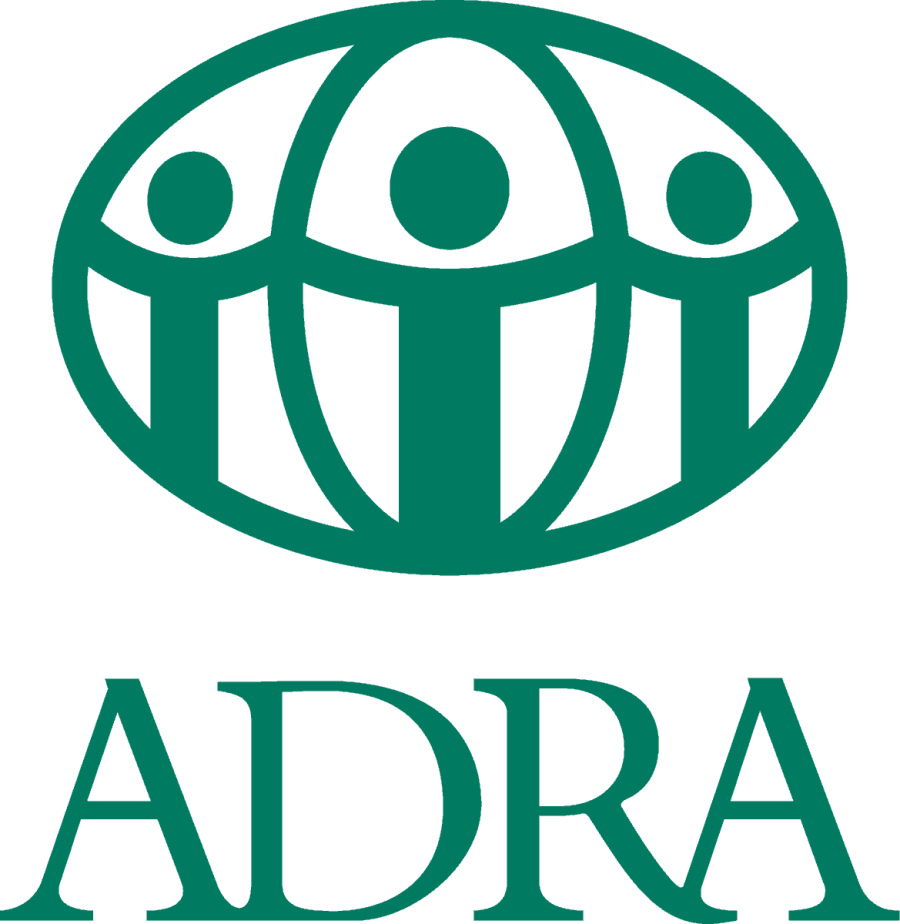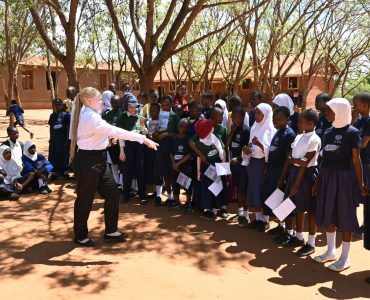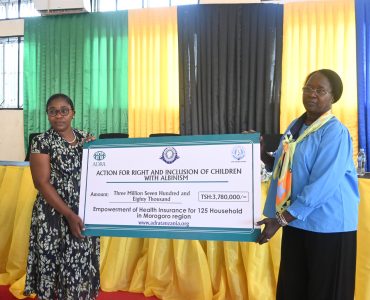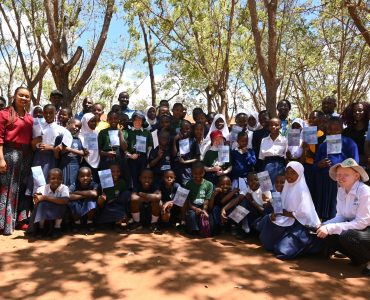Action For Right And Inclusion of Children With Albinism
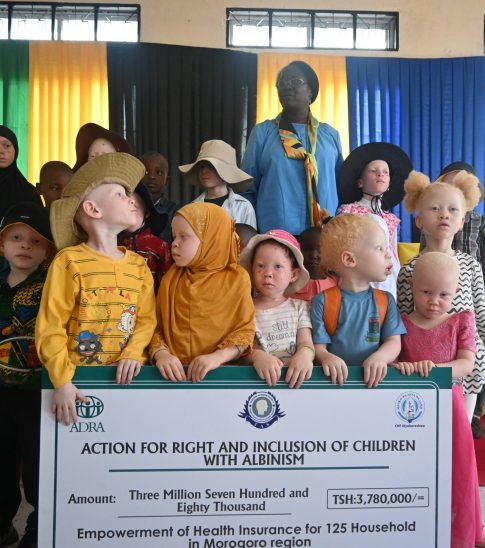
About The Project
The AFRICA project is a human rights and social inclusion initiative led by ADRA Tanzania in collaboration with ADRA Denmark. The project aims to improve the lives of children with albinism who face discrimination, stigma, and violence in their communities. The project is funded by DANIDA and runs from 2023 to 2024.
Background
Albinism is a genetic condition that affects the production of melanin, the pigment that gives color to the skin, hair, and eyes. People with albinism have very pale skin and hair, and often have vision problems. In Tanzania, albinism affects about one in every 1,400 people, which is one of the highest rates in the world.
However, people with albinism are often marginalized and persecuted because of myths and superstitions that associate them with witchcraft or bad luck. Some people even believe that their body parts have magical powers and can bring wealth or cure diseases. As a result, people with albinism live in constant fear of being attacked, mutilated, or killed.
Children with albinism are especially vulnerable to these threats, as they face multiple forms of discrimination based on their age, disability, and ethnicity. They also have limited access to education, health care, social protection, and economic opportunities. Many of them live in poverty and isolation, without adequate support or protection from their families or communities.
Objectives
The AFRICA project aims to address these challenges by providing education, health, and psychosocial support for children with albinism in two regions of Tanzania: Dodoma and Morogoro. The project will also raise awareness and advocate for the rights and inclusion of children with albinism by engaging with local authorities, media, religious leaders, civil society organizations, and other stakeholders such as Tanzania Albinism Society (TAS).
The specific objectives of the project are:
- To increase the enrollment and retention of children with albinism in primary and secondary schools by providing them with scholarships, learning materials, assistive devices, sunscreen lotion, hats, sunglasses, and uniforms.
- To improve the health and well-being of children with albinism by providing them with regular health check-ups, skin cancer prevention and treatment, eye care services, nutritional supplements, and counseling.
- To enhance the self-esteem and confidence of children with albinism by equipping them with life skills such as literacy, numeracy, entrepreneurship, leadership, communication, and decision-making.
- To reduce the stigma and discrimination against children with albinism by conducting awareness campaigns, community dialogues, media programs, school clubs, and cultural events.
- To strengthen the capacity and coordination of stakeholders working on albinism issues by forming networks, coalitions, and platforms at local and national levels.
The AFRICA Project will implement the following activities:
- Conduct a baseline survey to assess the needs and challenges of children with albinism in the target regions.
- Identify and enroll 600 children with albinism (300 boys and 300 girls) in primary and secondary schools.
- Provide scholarships for school fees, uniforms, books, stationery, transport, accommodation (for boarding students), and other expenses.
- Distribute assistive devices such as magnifiers, glasses, braille machines (for visually impaired students), hearing aids (for hearing impaired students), crutches (for physically disabled students), etc.
- Supply sunscreen lotion (SPF 50+), hats (wide-brimmed), sunglasses (UV protection), long-sleeved shirts (cotton), trousers (cotton), etc. to protect children from sun exposure.
- Organize regular health camps where children can receive medical examinations,
Your Support Means a Lot
Each donations matter, even the smallest ones. Donate $2( average price of coffee in the USA) and someone’s life will get better!
